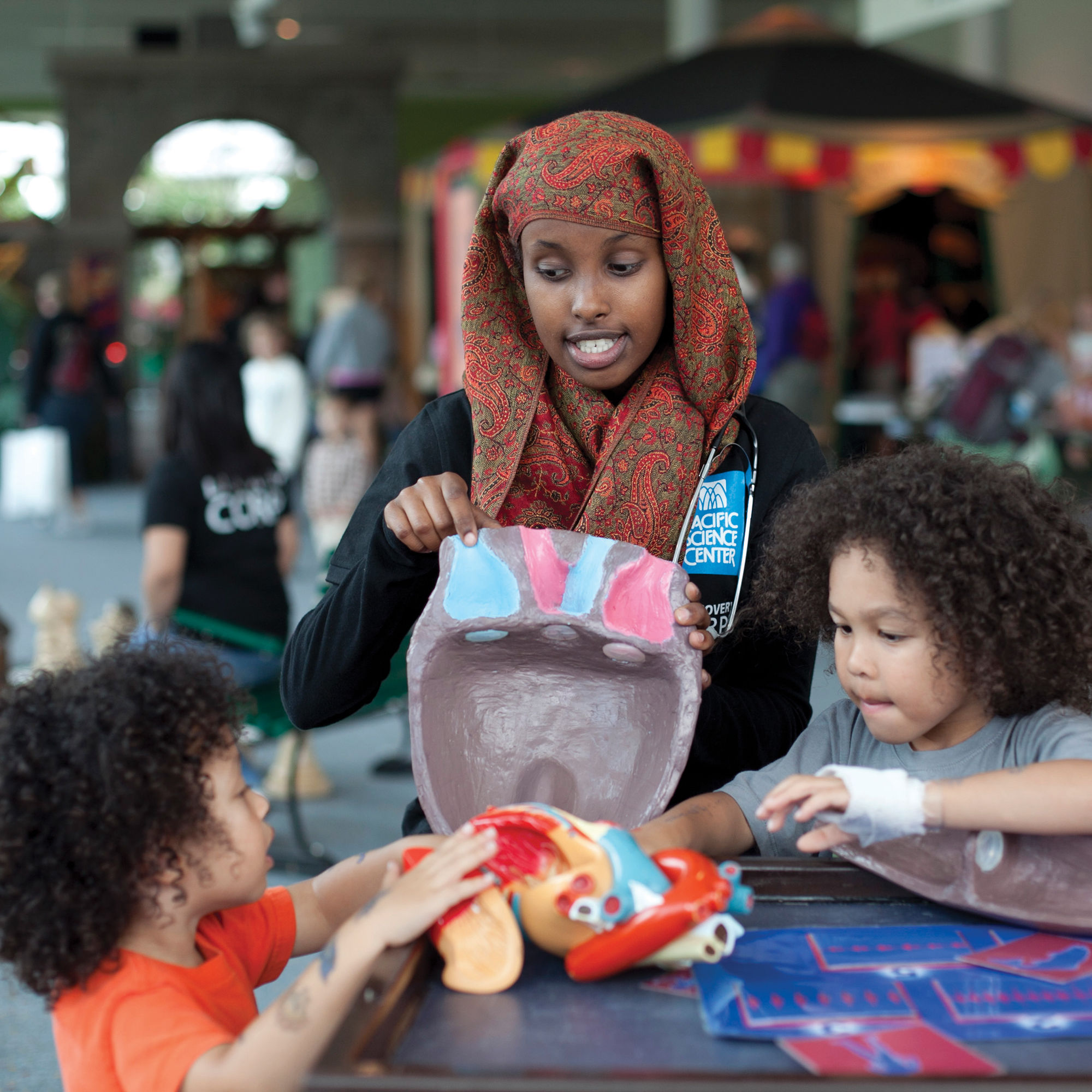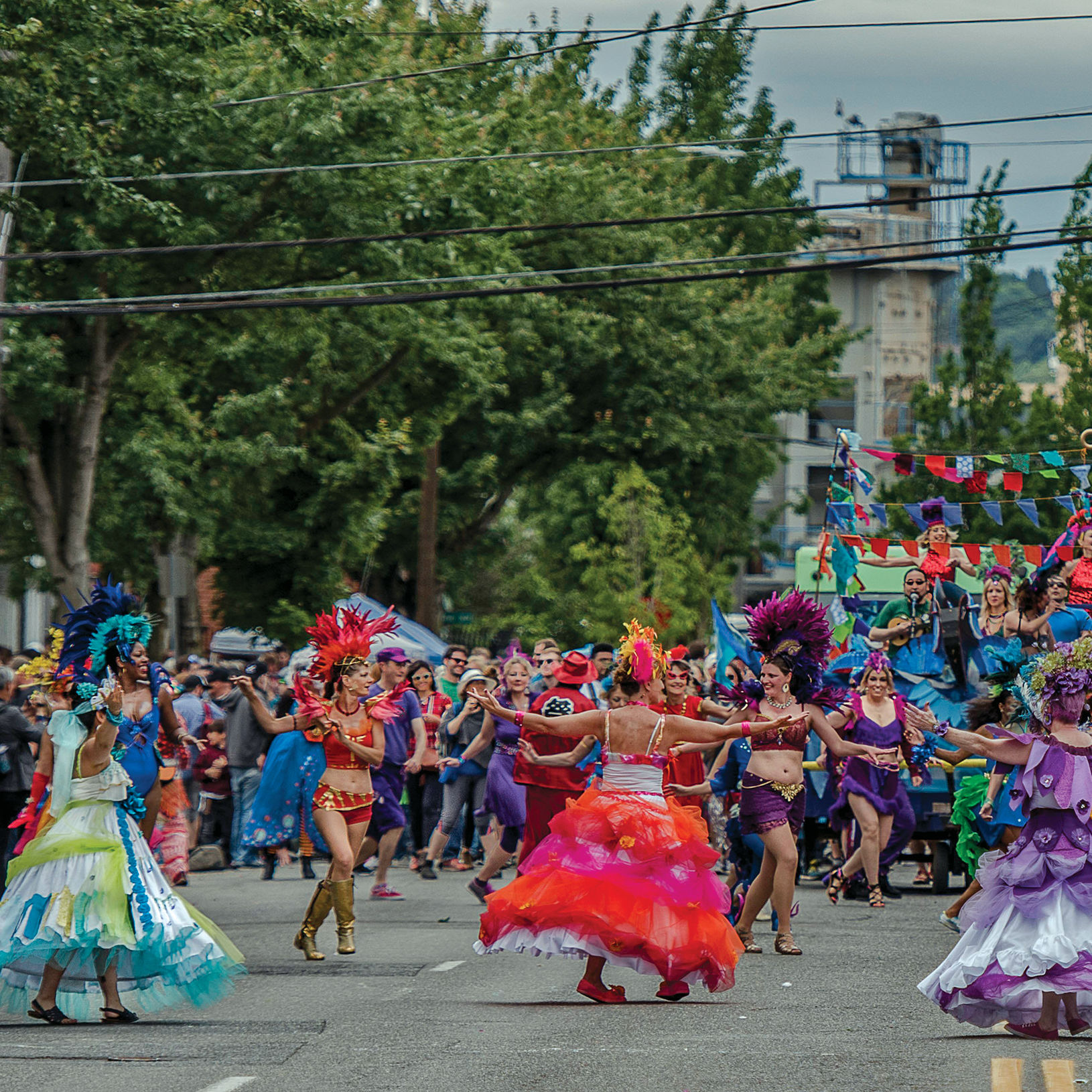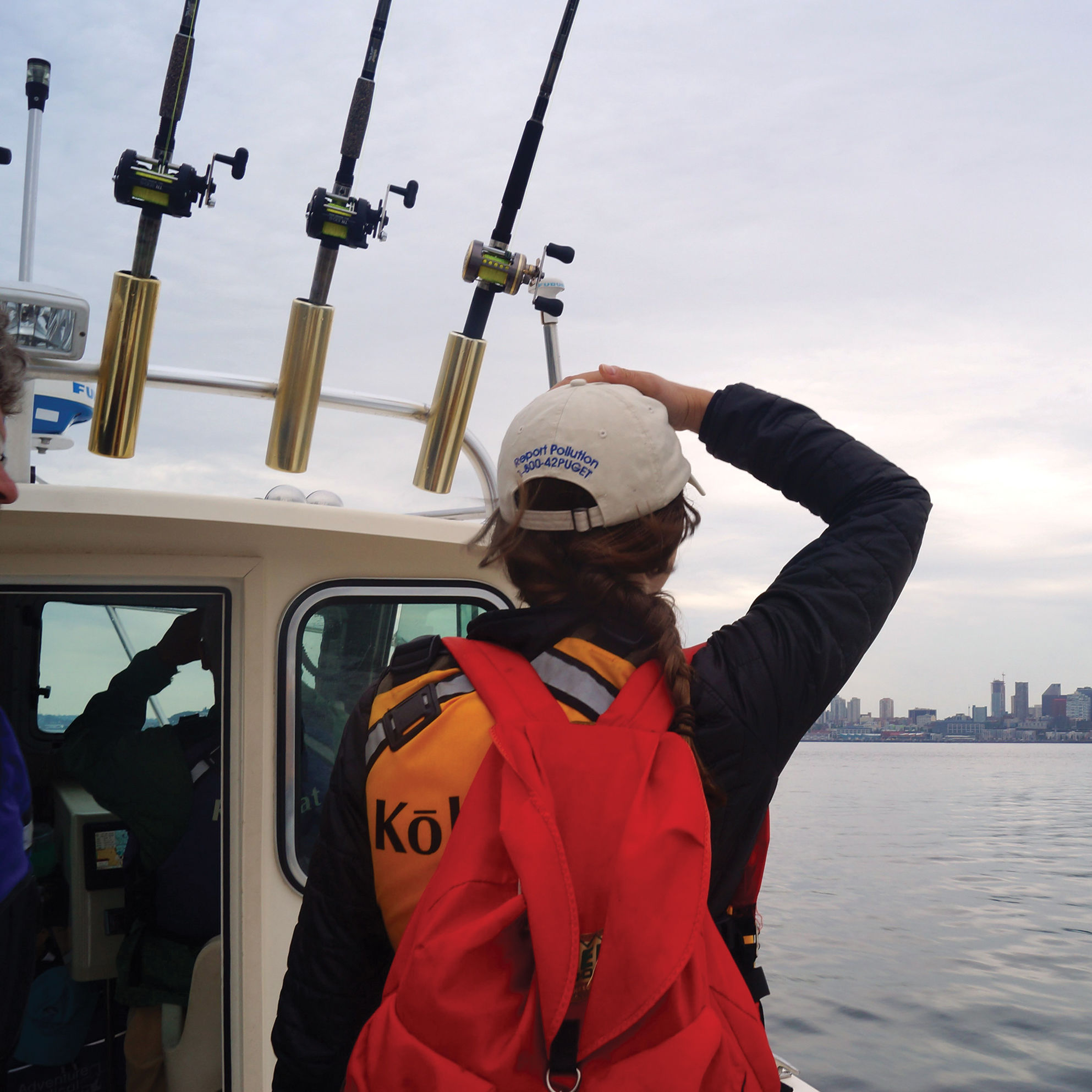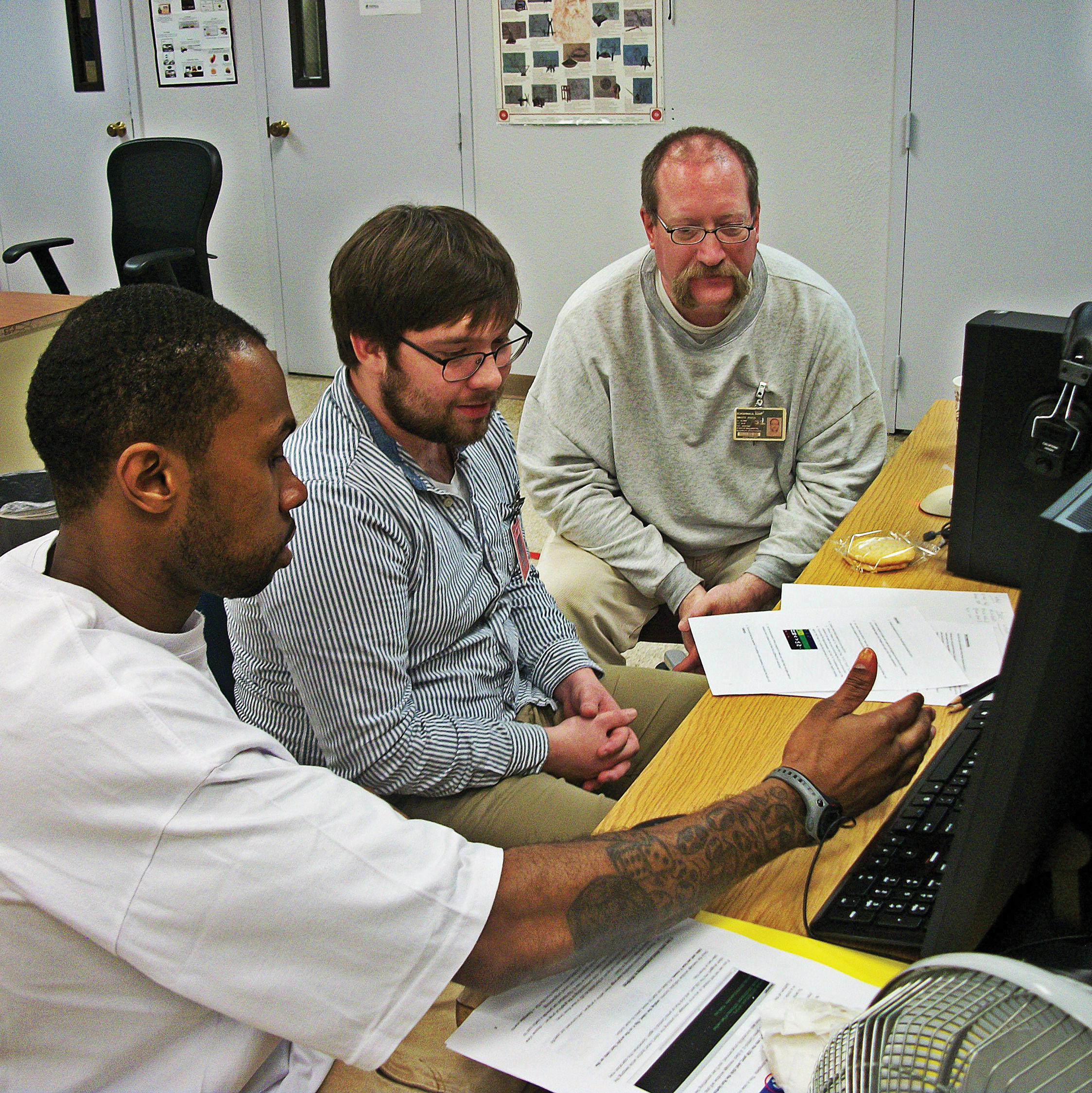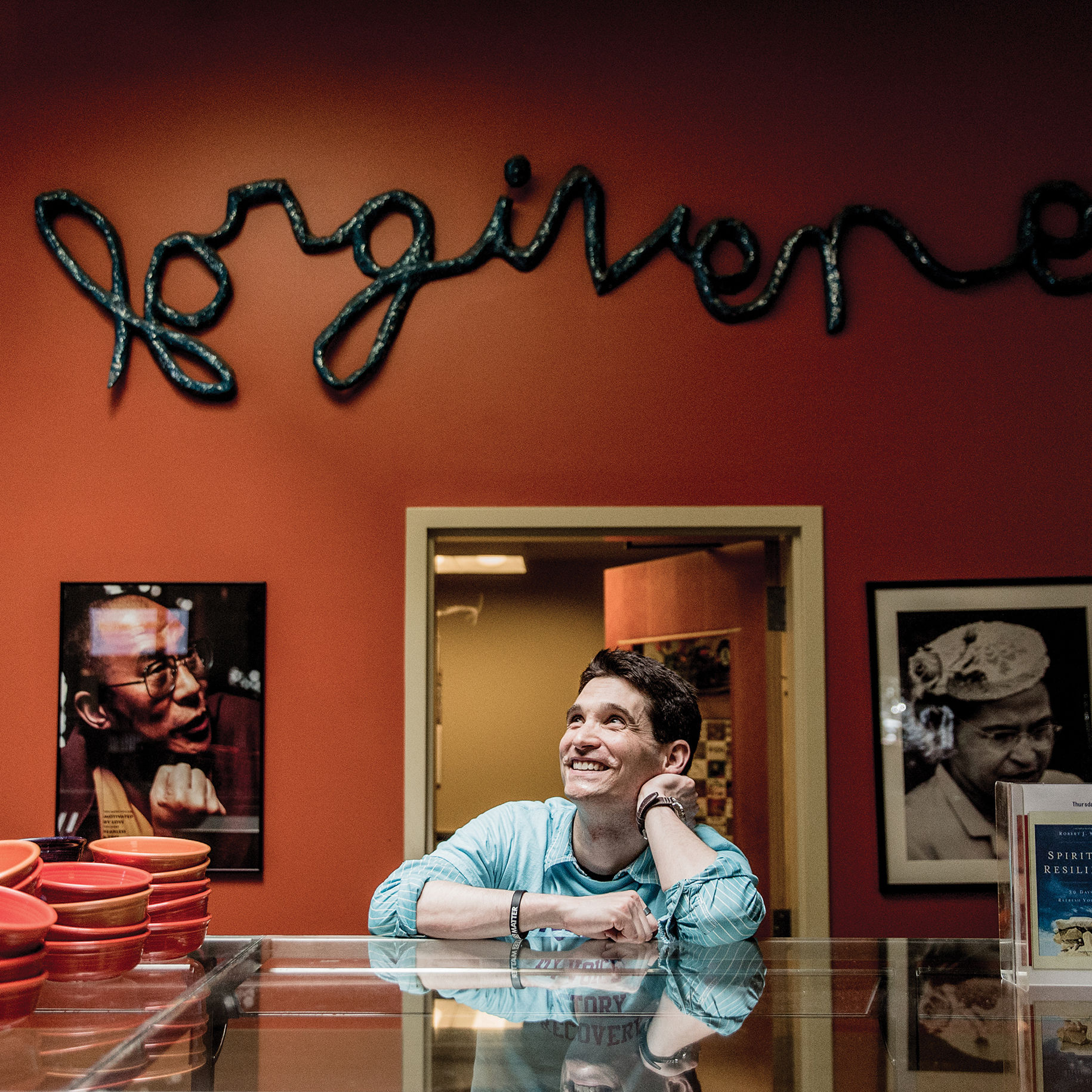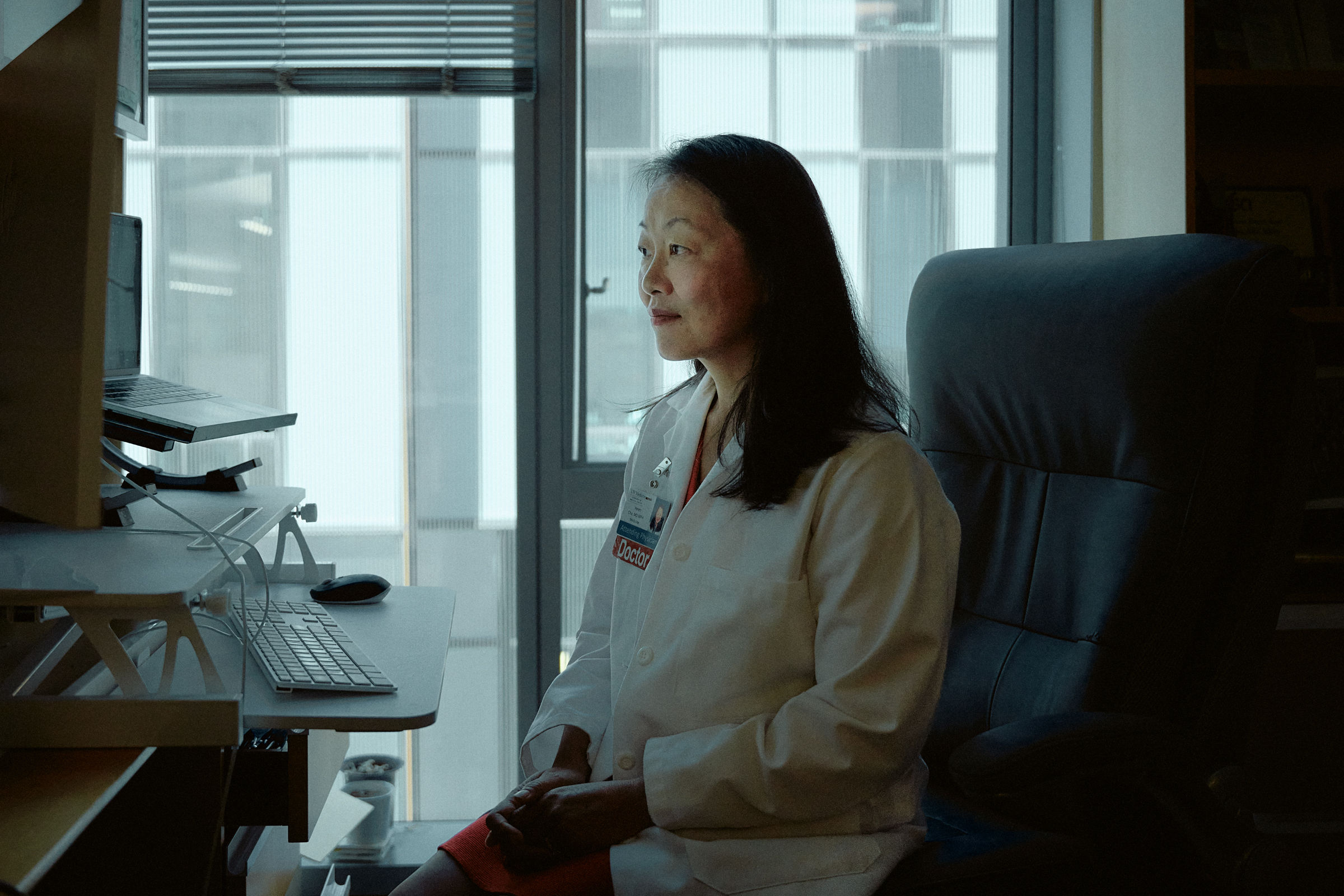VillageReach Goes the Last Mile
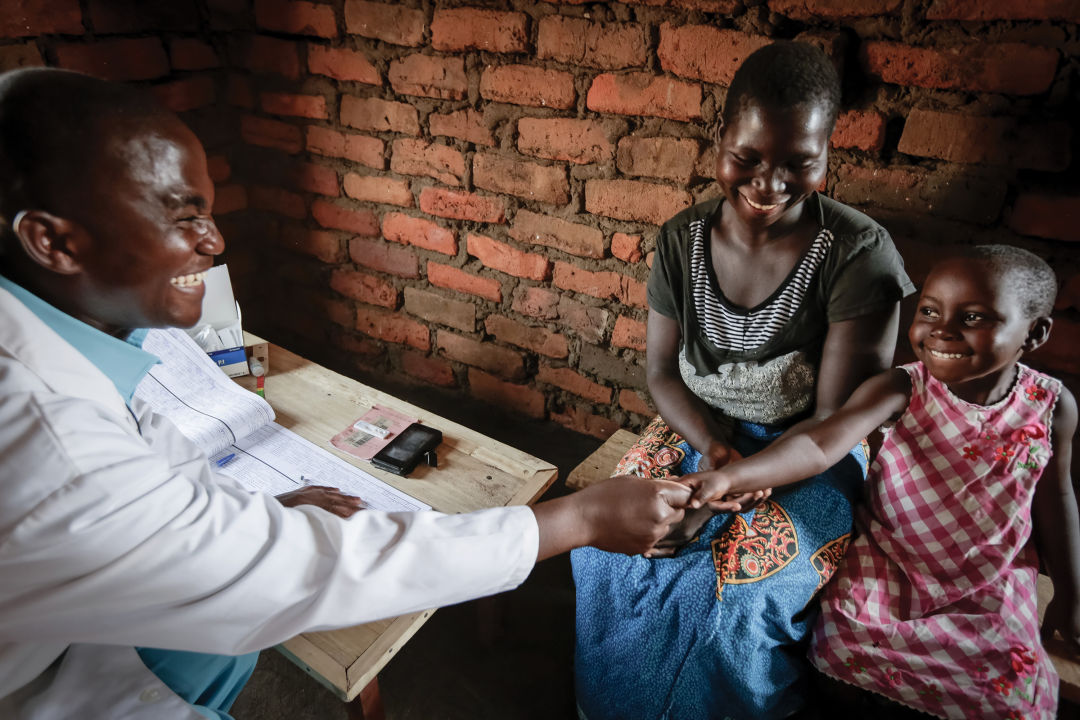
VillageReach maintains health-care-related projects in eight countries, including Malawi.
For a child living in sub-Saharan Africa, a vaccine can mean the difference between life and death. VillageReach is “obsessed” with making sure every child stays alive.
Cameroon native and telecommunications exec Blaise Judja-Sato founded VillageReach in Seattle in 2000 with a simple idea, “the last mile.” That’s telecom speak for the last leg of a project that links a customer to the service. Judja-Sato’s idea: Break down barriers to basic health care and connect every child to services.
There are a lot of reasons vaccines exist in a country, says VillageReach president Emily Bancroft, and are not administered to residents who need them most. “The system sort of breaks down.” A barrier can be as simple as a patient not knowing where to go, how to get there, or what you need. So, as just one example, VillageReach helped develop a health care hotline in Malawi that residents call to ask questions—and in dire cases, the organization sends emergency transport or connects residents to a medical professional. Now, after almost seven years of development and refinements, the nonprofit’s handing the hotline over to the Malawi government as a public service.
That’s but one of VillageReach’s programs. It also helps streamline immunization supply chains, provides accurate open-source data on health facilities, trains pharmacy professionals to address the shortage of workers, and created a company offering clean energy for rural populations.
Those projects take time. But perseverance is VillageReach’s domain: Starting out with just three employees 18 years ago, the nonprofit has since expanded to include a $14 million budget and 160 staffers, and projects in eight different countries, including Pakistan. The number of people those staffers estimate they’ve helped around the world? Twenty million.

